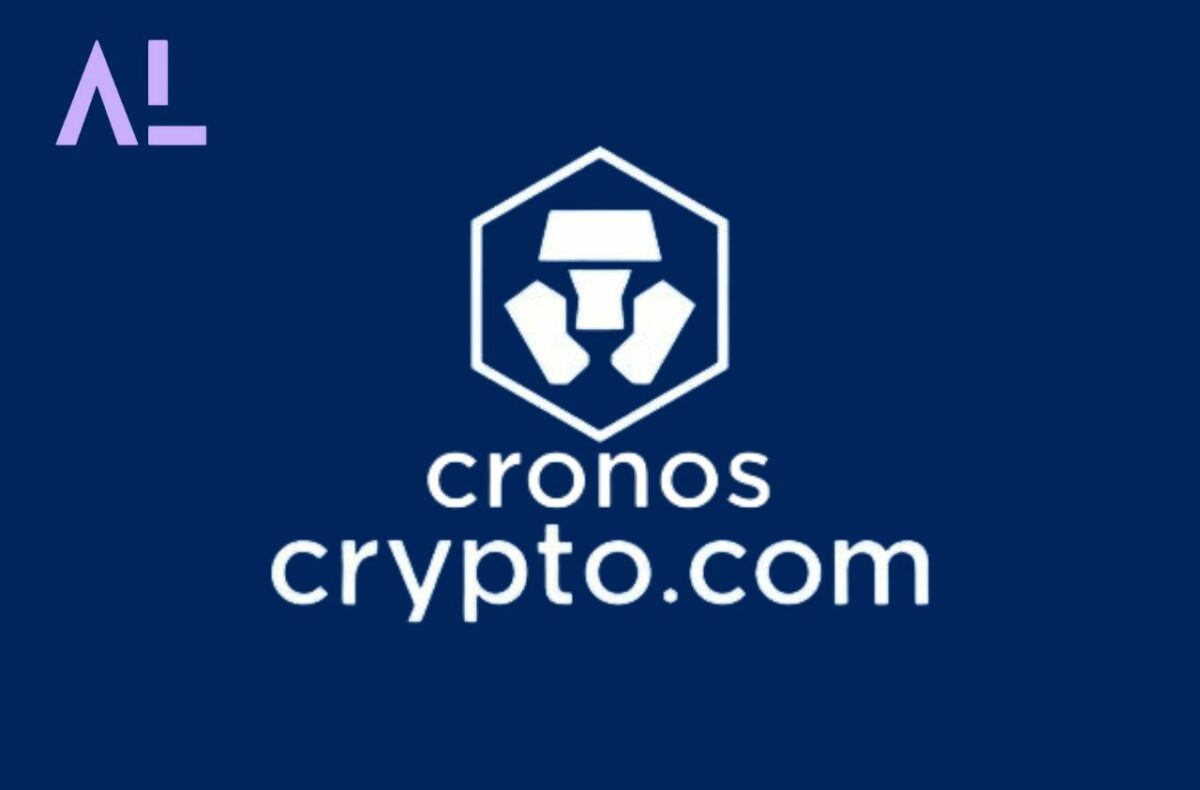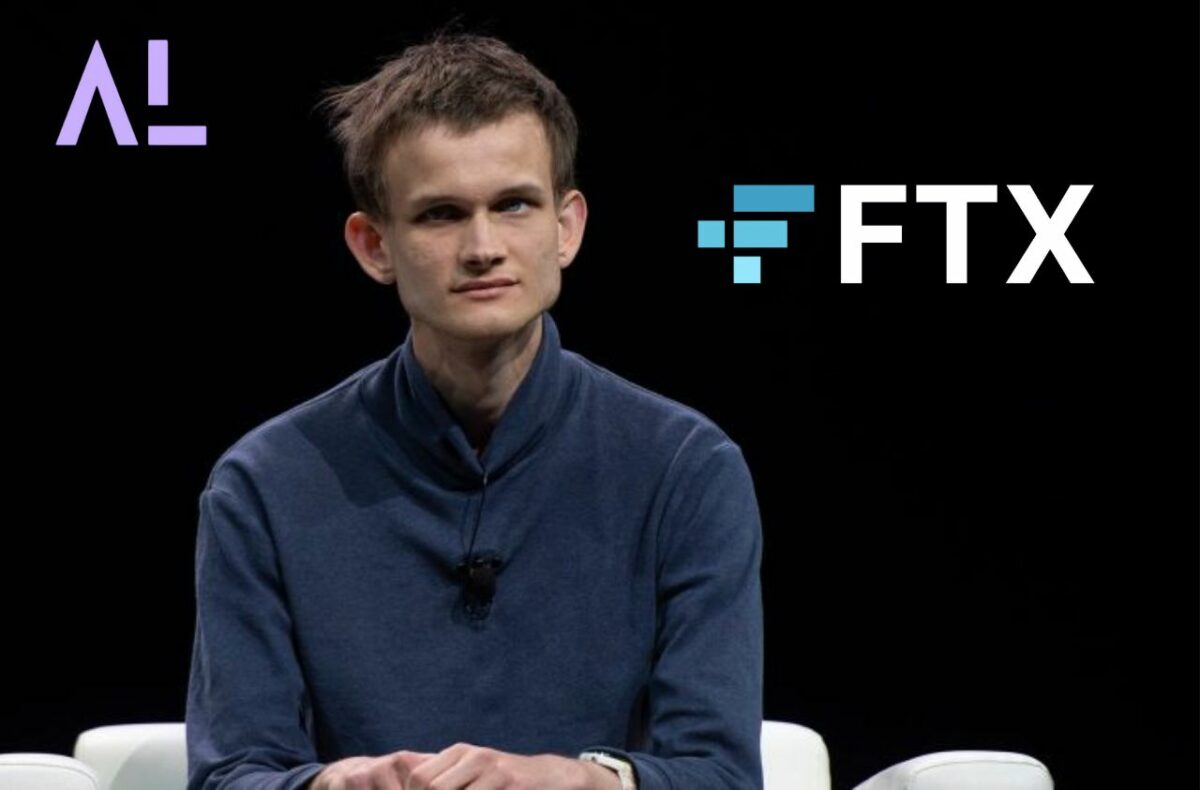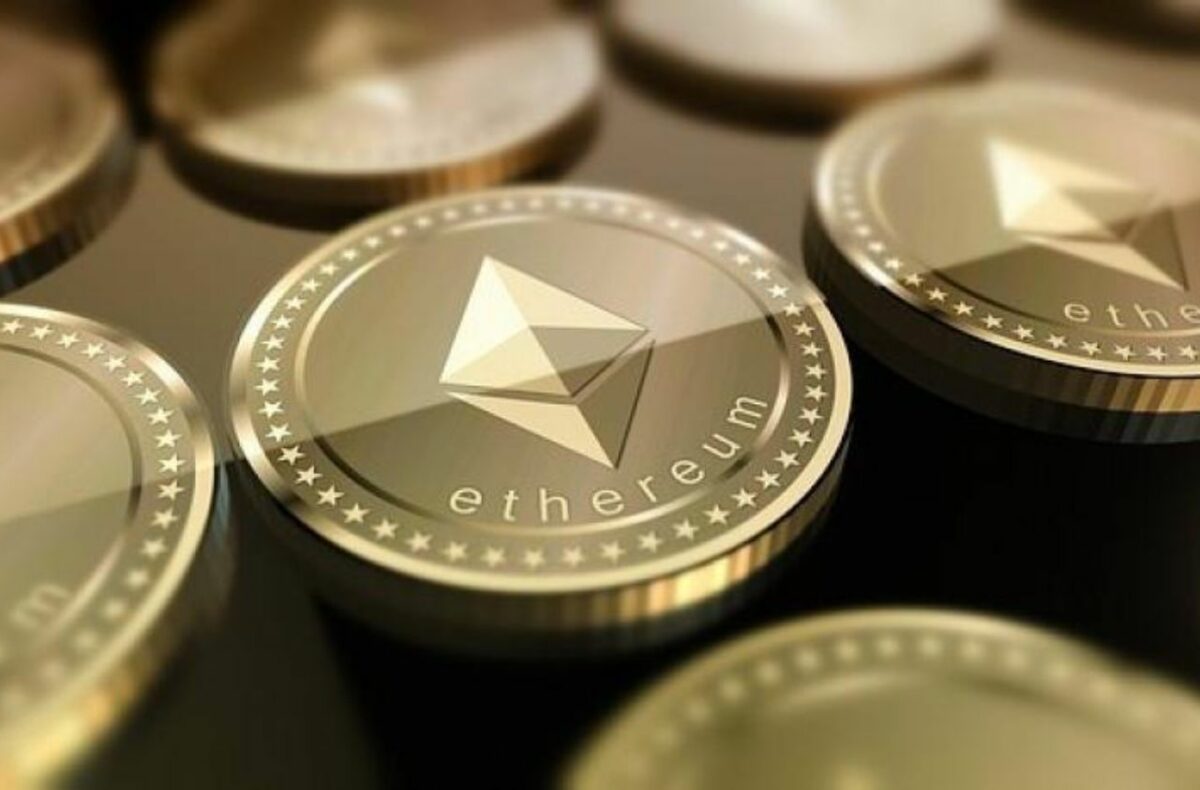Singapore Uses Polygon and Aave For First DeFi Market Deal
Singapore Uses Polygon and Aave For First DeFi Market Deal.
The most advanced research into cryptocurrencies and decentralized finance (DeFi) ever conducted by major banks, institutions, and regulators has been secretly taking place in Singapore.
Testing The Viability of DeFi Through Project Guardian
To test the viability of DeFi applications in wholesale finance markets, the Monetary Authority of Singapore (MAS) successfully performed a cross-currency transaction utilizing tokenized Japanese yen and Singapore dollar deposits.
The foreign exchange and government bond transactions involved liquidity pools made up of tokenized yen, Singapore dollars, and Singapore Government Securities Bonds, according to a statement from MAS. JPMorgan, SBI Digital, and Marketnode, a platform for digital assets developed by the Singapore Exchange (SGX) and Temasek, joined Singapore’s DBS Bank in Project Guardian.
Read More: Largest Euro-backed Stablecoin Announces Integration with Ripple Labs’s XRP Ledger
Ty Lobban of JPMorgan tweeted that the global investment bank first utilized Polygon to choose Ethereum because of its low fees, which were required to save operating costs related to identity verification.
WORLD! J.P. Morgan has executed its 1st *LIVE* trade on public blockchain using DeFi, Tokenized Deposits & Verifiable Credentials, part of @MAS_sg Project Guardian 🙌🚀🔥https://t.co/XI212SG4zg Many world 1sts here, & since this is public ⛓ here’s a transparent🧵on what we did:
— Ty Lobban (@TyLobban) November 2, 2022
Kwee Juan of DBS also pointed out that Polygon made sense due of the requirement for affordable gas rates when he was explaining some of the protocol decisions made in Project Guardian. He claimed that in order to maintain the benefits of atomic trading, clearing, and settlement, a trading venue would need to be regularly written to a public blockchain for a market as large as government securities.
Trading in tokenized Singapore government securities, Singapore dollars (SGD), Japanese government bonds, and Japanese yen (JPY) took place during the first phase of testing. These trades were carried out using the Ethereum public blockchain overlay system Polygon, the DeFi lending platform Aave, and the decentralized exchange and automated market maker (AMM) Uniswap.
Importance of DeFi For The Future
Financial institutions are realizing the advantages of decentralized finance, particularly the elimination of third-party intermediaries and the costs they incur. MAS noted in the release that,
“The live transactions executed under the first pilot demonstrate that cross currency transactions of tokenised assets can be traded, cleared and settled instantaneously among direct participants. This frees up costs involved in executing trades through clearing and settlement intermediaries, and the management of bilateral counterparty trading relationships as required in today’s over-the-counter (OTC) markets.”
Read More: A Report Says 97.7% of Tokens Launched On Uniswap Are Rug Pulls
The biggest plans include public blockchains and promise to bring trillions in existing financial instruments to the party. Banks and traditional financial institutions see opportunities and efficiencies to be achieved by imitating DeFi’s success in crypto.
Two new industry pilots are now being launched by MAS, one for wealth management and the other for trade financing. The former is an investigation of tokenized trade finance assets led by Standard Chartered Bank. In the latter, Marketnode and HSBC collaborate to allow for the native digital issuing of wealth management solutions.
DBS also found that there just isn’t an AMM available right now that can replicate how pricing is carried out among dealers in the institutional over-the-counter (OTC) market.
For more info regarding Crypto Alpha and NFTs Alpha. Always follow us on Twitter and Instagram.


